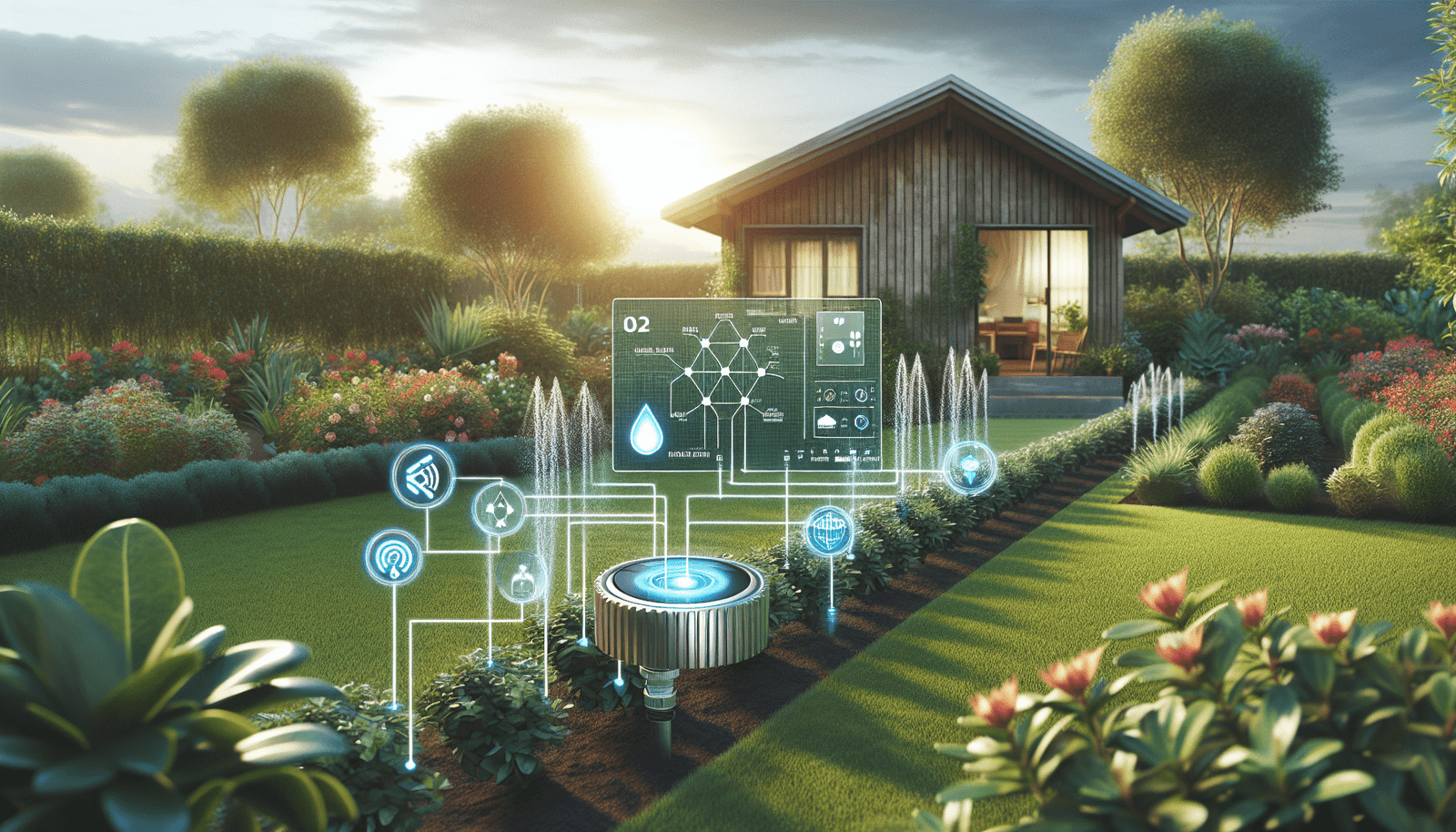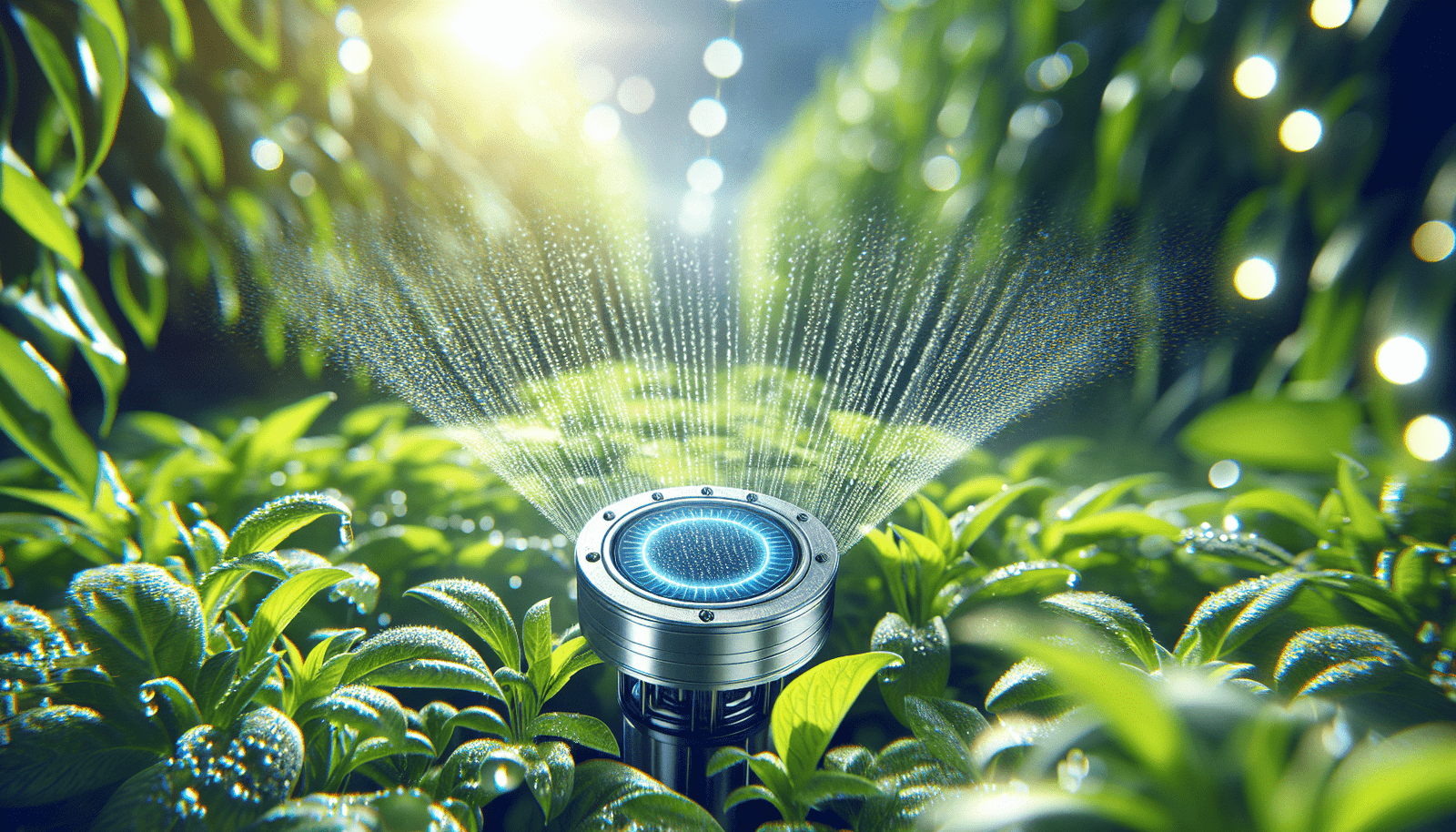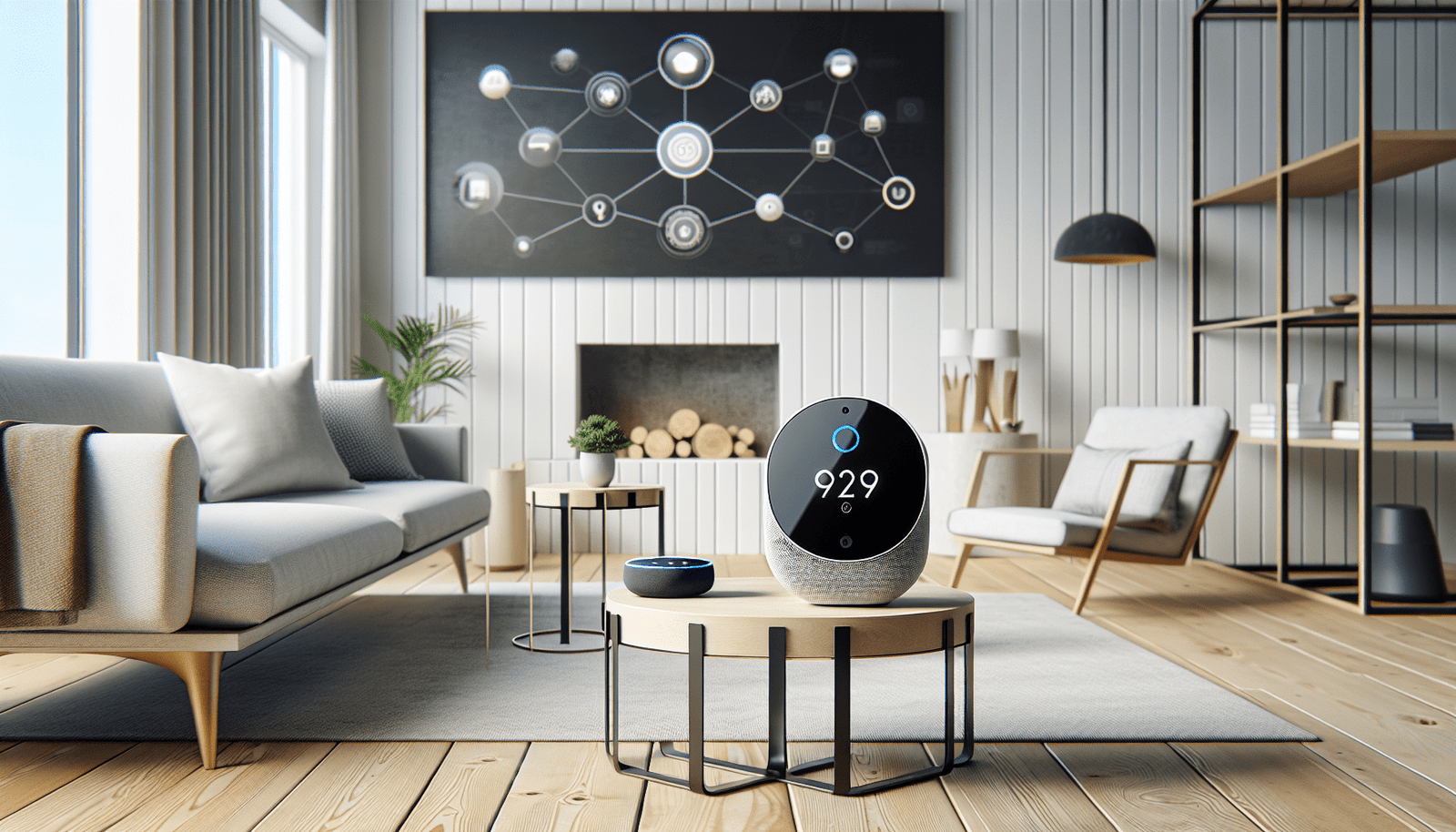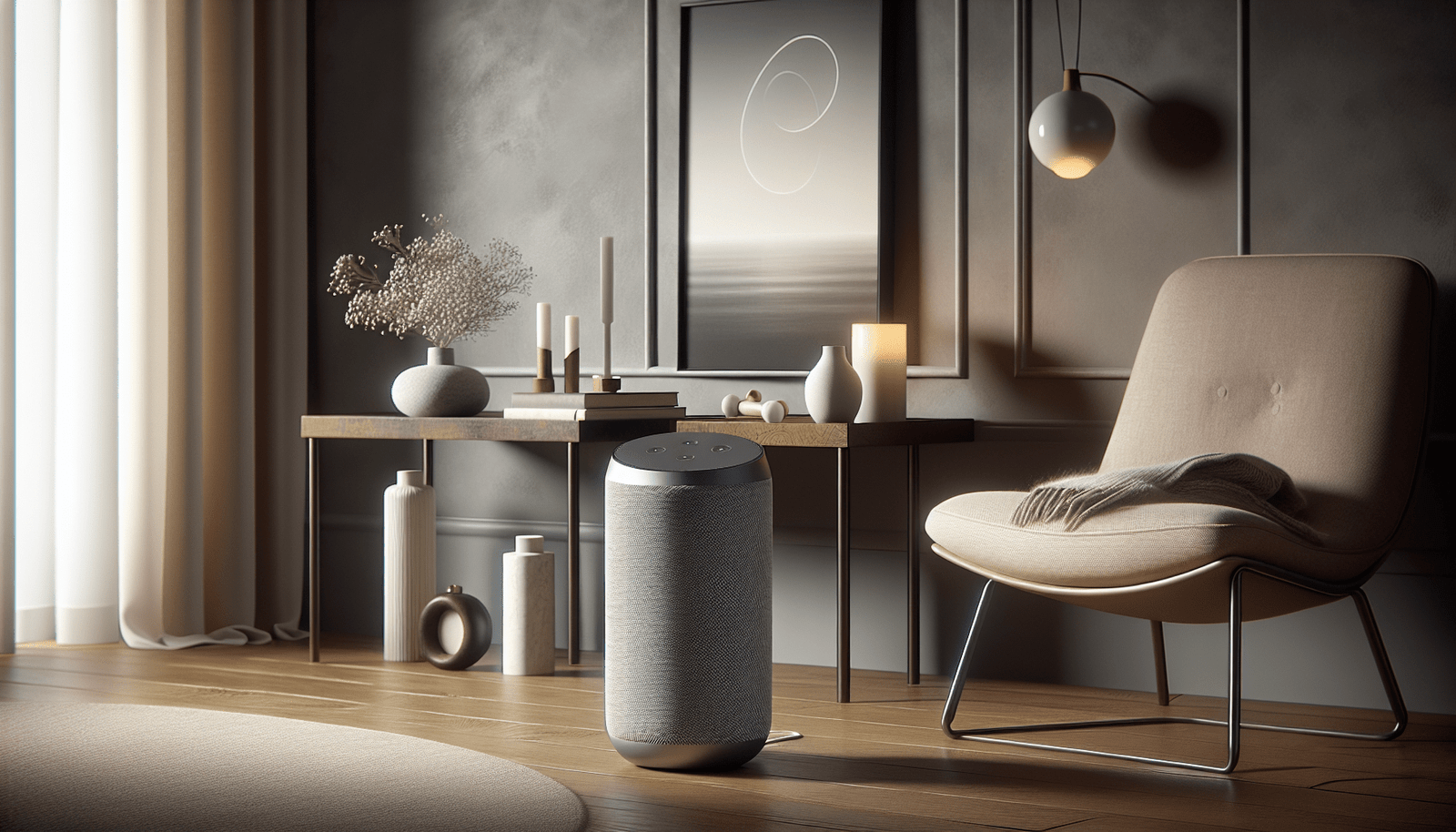Are you contemplating upgrading your traditional irrigation system to something smarter and more efficient? If so, you’re in the right place to discover the ins and outs of smart irrigation systems, especially when it comes to costs. Understanding the financial aspects, along with the benefits, can help make your decision easier.
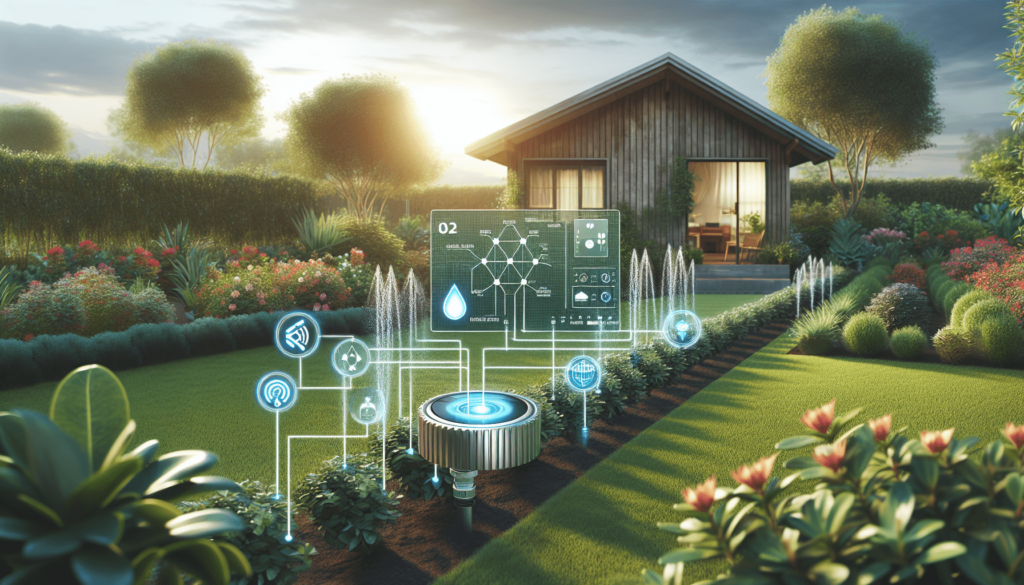
Understanding Smart Irrigation Systems
Smart irrigation systems are increasingly popular among homeowners, gardeners, and eco-conscious individuals seeking to optimize their watering practices. With technological advancements, these systems offer a modern solution to traditional watering methods, featuring automated, internet-connected devices designed to optimize water usage and conserve resources.
How Do Smart Irrigation Systems Work?
At the core, smart irrigation systems use technology to monitor weather conditions, soil moisture, evaporation rates, and plant water needs. By incorporating sensors, weather data, and user inputs, they adequately determine when and how much to water your garden or lawn. Unlike traditional systems that operate on a preset timer, smart versions tailor irrigation schedules based on real-time data, ensuring your plants receive optimal hydration without unnecessary water waste.
Who Should Consider Smart Irrigation?
If you are a homeowner aiming to enhance your garden’s health, an eco-enthusiast wanting to curtail water waste, or a tech-savvy individual interested in automating your home environment, smart irrigation systems are tailored for you. Landscapers and gardeners looking for efficiency and reliability will also find these systems beneficial. Moreover, individuals on a budget may still find long-term value due to potential water savings and rebates from utility companies.
Factors Influencing the Cost of Smart Irrigation Systems
Smart irrigation systems can vary significantly in cost. While the initial investment might seem substantial, it’s essential to consider the factors contributing to these costs and the potential savings they offer over time.
Components of Smart Irrigation Systems
-
Smart Controllers: These serve as the brain of the system, connecting to weather reports, sensors, and your smartphone. Advanced models can learn and adapt based on usage.
-
Sensors: Soil moisture and weather sensors are critical for gathering data. Advanced sensors provide precise information, but their cost can add up.
-
Sprinkler Heads and Emitters: There are options that optimize water delivery, such as drip emitters and rotary nozzles, each with varying price points.
-
Installation Costs: Professional installation can ensure your system is correctly set up and customized for your landscape, but DIY options are also available depending on your comfort with technology.
-
Maintenance: While smart systems often require less intervention, occasional maintenance or upgrades can incur additional costs.
Initial Investment vs. Long-Term Savings
The upfront cost is influenced by the system’s scale and complexity, ranging from a few hundred dollars to several thousand. However, smart systems can lead to significant water savings, translating into lower utility bills. Over time, this can offset the initial outlay, similar to investing in energy-efficient home appliances.
Price Range Breakdown
| Component | Estimated Cost Range |
|---|---|
| Smart Controllers | $150 – $350 |
| Sensors | $50 – $200 per sensor |
| Sprinkler Heads | $2 – $10 each |
| Installation | $500 – $1,500 |
| Total Estimated Cost | $600 – $2,500+ |
Evaluating Cost-Effectiveness and Benefits
Beyond just numbers, understanding the qualitative benefits can help justify the investment in a smart irrigation system.
Water Conservation
Smart systems make significant strides in conserving water, a crucial resource. By using sensors and weather data to avoid unnecessary watering, these systems can save up to 30-50% compared to traditional methods.
Healthier Plants
With precision watering based on specific plant needs, garden health can significantly improve. Proper hydration scheduling helps avoid underwatering or overwatering, resulting in robust plant growth.
Environmental Impact
Reducing water usage not only cuts utility costs but also minimizes environmental stress. Using less water decreases the energy required to pump and treat it, making smart systems an eco-friendly choice.
Convenience and Control
Smart irrigation systems offer unparalleled convenience. Imagine controlling your watering needs from your smartphone or receiving alerts about weather changes that affect your schedule. Such control frees up your time for other pursuits and ensures the system operates optimally even when you’re away from home.
Upgrading to a Smart Irrigation System
Transitioning to smart irrigation involves several considerations that can influence how seamlessly the upgrade process unfolds.
Retrofitting Existing Systems
Many smart irrigation systems offer components that can retrofit existing setups, allowing you to maintain current infrastructure while incorporating smarter technology. This approach can be cost-effective and less disruptive than a complete overhaul.
DIY vs. Professional Installation
While DIY installations can save costs, they require technical know-how and a fair time investment. Professional installations ensure optimal setup and functionality but come at an added expense. The choice largely depends on your familiarity with irrigation systems and personal preferences for tackling such projects.
Compatibility and Integration
Smart irrigation systems can integrate with broader smart home ecosystems, allowing synchronized operations with other devices such as lighting and security systems. Ensuring compatibility with existing smart home setups enhances both functionality and convenience.
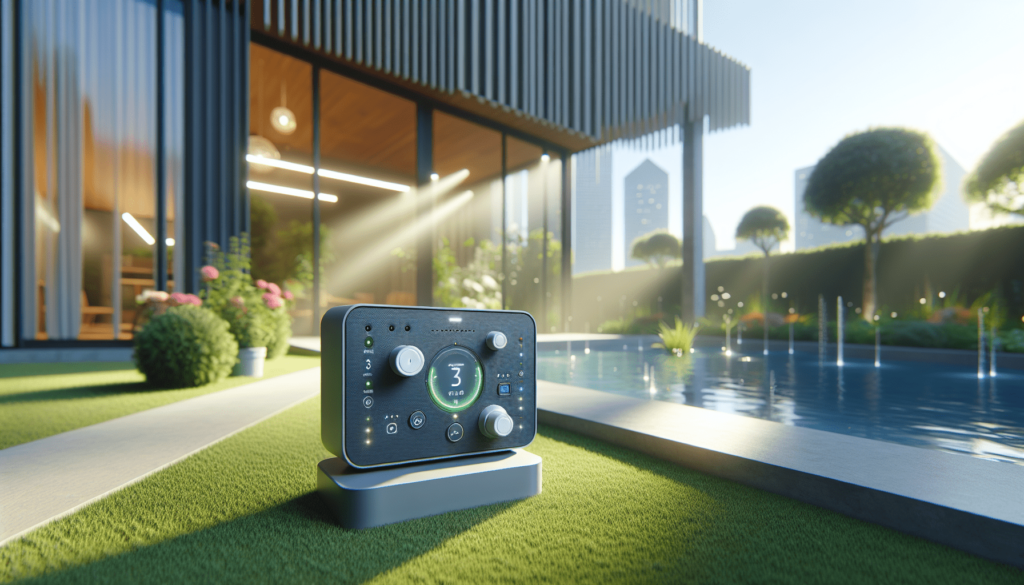
Future of Smart Irrigation Systems
The technological evolution in this field promises remarkable advancements, bringing about new features and integration capabilities.
Technological Advancements
Future smart irrigation systems may incorporate AI and machine learning to further refine watering schedules based on plant species and local climate variations. Moreover, advancements in IoT (Internet of Things) can lead to more interconnected and responsive systems.
Increasing Adoption
As awareness and concern for water conservation grow, the adoption of smart irrigation systems is likely to rise. This trend is propelled by governmental incentives and rebates, further encouraging homeowners towards smart solutions.
Market Trends
With continual innovations, the market for smart irrigation devices is expected to expand, introducing more affordable options tailored to varied budgets. Enhanced features and competitive pricing will help make these systems commonplace in homes across the globe.
Making an Informed Decision
Investing in a smart irrigation system is about more than the upfront cost. The potential for savings, the positive environmental impact, and the convenience offered are worthy of consideration.
Weighing Benefits Against Costs
When evaluating these systems, consider long-term savings against initial investment. Many homeowners find that the benefits far outweigh the costs, particularly with the impact on utility bills and garden health.
Research and Compare
Before settling on a system, take time to research available products, read reviews, and even speak with professionals to gather insights. Understanding different system features and capabilities ensures the chosen solution meets your specific needs.
Assess Your Needs
Ultimately, the best smart irrigation system is one that aligns with your environmental goals, technological comfort level, and budget constraints. An informed decision will offer peace of mind and a rewarding return on investment through better water management and plant care.
Navigating the world of smart irrigation systems might seem daunting, but with the right information, you can confidently select a system that enhances your home’s sustainability and efficiency. Through smart irrigation, not only can you save money and water, but you also take a significant step towards a more eco-friendly lifestyle.
Disclosure: As an Amazon Associate, I earn from qualifying purchases.
